
The Gendered Mimesis project is pleased to announce a two-day international conference on the subject of the “Metamorphoses of Mimesis” in the work of contemporary French philosopher Catherine Malabou. Last weeks to submit an abstract!


The Gendered Mimesis project is pleased to announce a two-day international conference on the subject of the “Metamorphoses of Mimesis” in the work of contemporary French philosopher Catherine Malabou. Last weeks to submit an abstract!
In this seventh episode of HOM videos, German philosopher Gunter Gebauer (Free U of Berlin) discusses the role mimesis plays in sports, the origins of language, social distinction, crowd behavior, and the recent rise of hypermimetic behavior in the digital age, all of which paint a picture of homo mimeticus beyond good and evil.
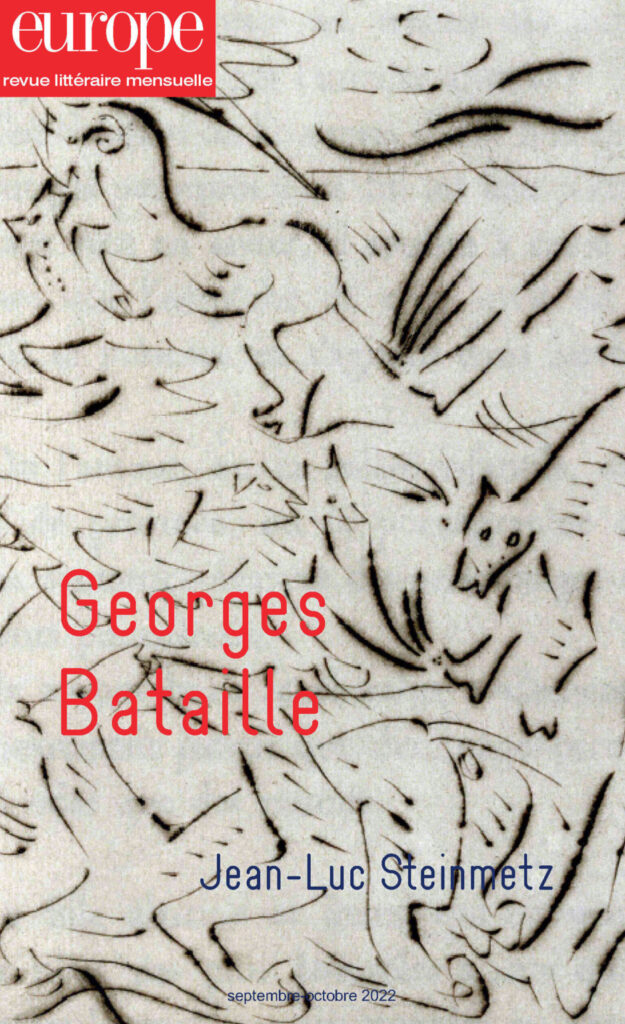
In this special issue of Europe, edited by Stephane Massonet, prominent Bataille scholars including Denis Hollier, Michel Surya, Jean-Christophe Bailly, Mathilde Girard, and others testify to the timeliness of this untimely thinker. Nidesh Lawtoo adds a chapter on Bataille’s mimetic community.
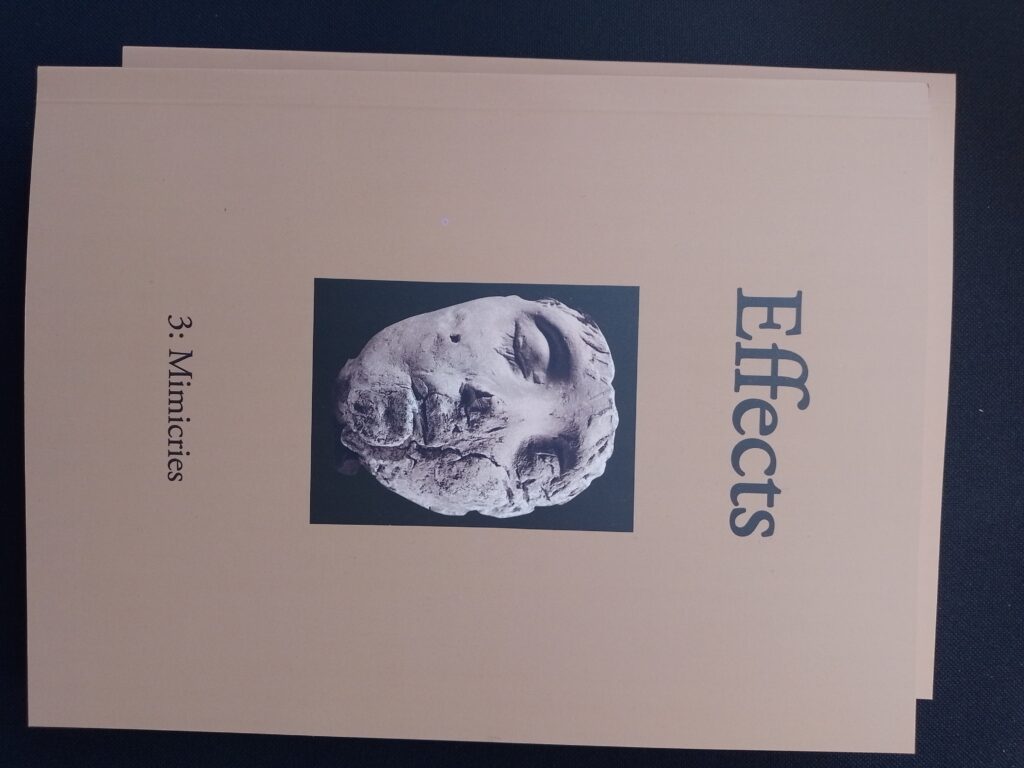
Special issue of Effects on Mimicries edited by Jeffrey Stuker and Jan Tumlir with an introductory essay on Roger Caillois and mimicry by Nidesh Lawtoo, available here.
In this dialogue, Jane Bennett and Nidesh Lawtoo experiment with a mimetic genre to reflect on the vibrant interplay of human and nonhuman forms of communication. What style of language best approximates this mimetic entanglement? What role do non-verbal mimicry and gesture play in the birth of homo mimeticus? These are some of the questions on trans-specied mimesis the dialogue seeks to explore by going beyond nature and culture in the heterogeneous company of Nietzsche, mirroring bodies, and middle verbs.
What adjustments in established debates about the character of time, culture/nature relations and mimetic processes are suggested when you treat the evental register of time to be a fundamental feature of time itself? Michel Serres, Joseph Conrad and Nidesh Lawtoo are drawn upon to help explore time as a multiplicity, thinking time to be composed of multiple temporalities moving at different speeds and on different trajectories
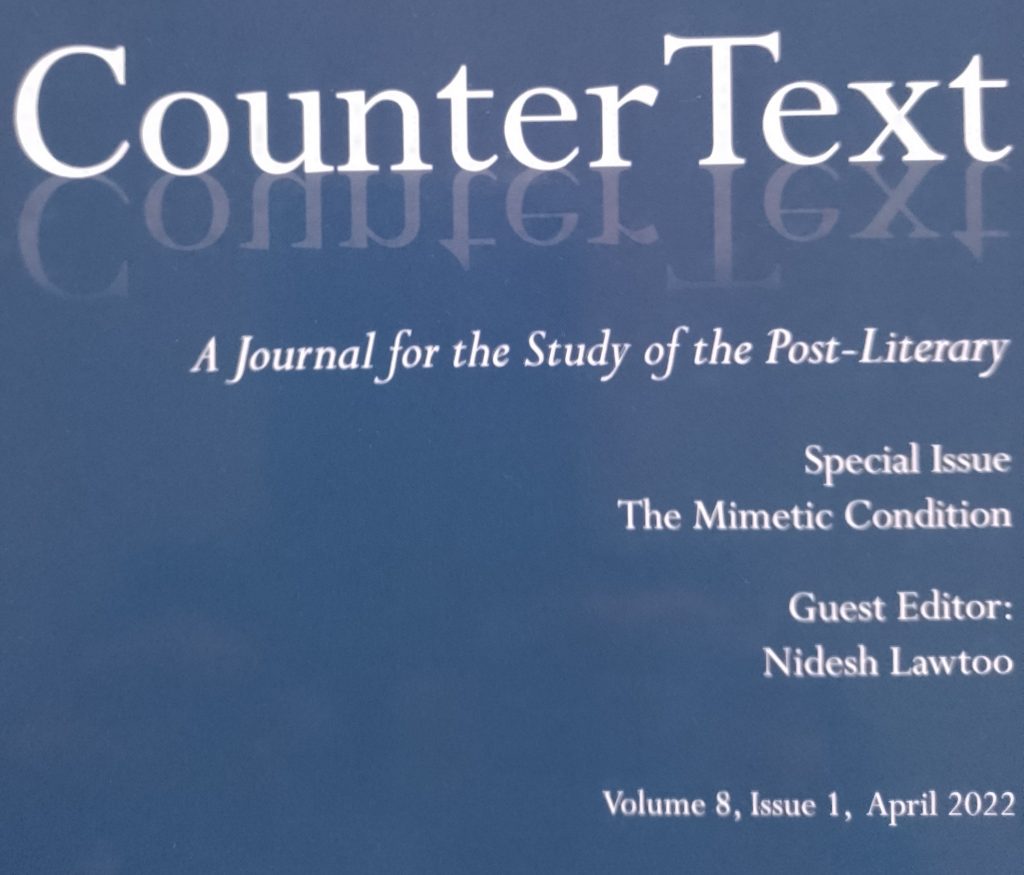
Based on a HOM conference held at KU Leuven, this special issue of CounterText on The Mimetic Condition (ed. Nidesh Lawtoo) joins forces with Jean-Luc Nancy, Gunter Gebauer, Christoph Wulf, and many others in order to promote a mimetic turn, or re-turn of attention to mimesis across different areas of critical theory. In the process, it proposes steps to a new theory of homo mimeticus to face some of the main–pandemic, political, environmental…– crises that cast a shadow on the present and future. Sample chapters available HERE& an Introductory VIDEO HERE.
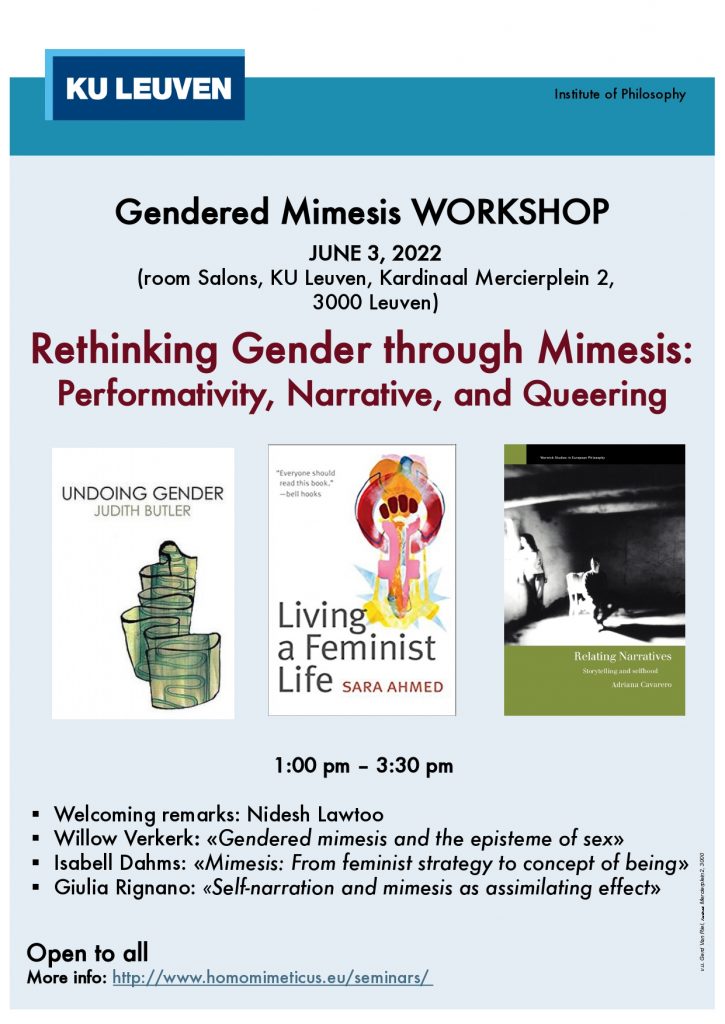
Readings & more details are available here:
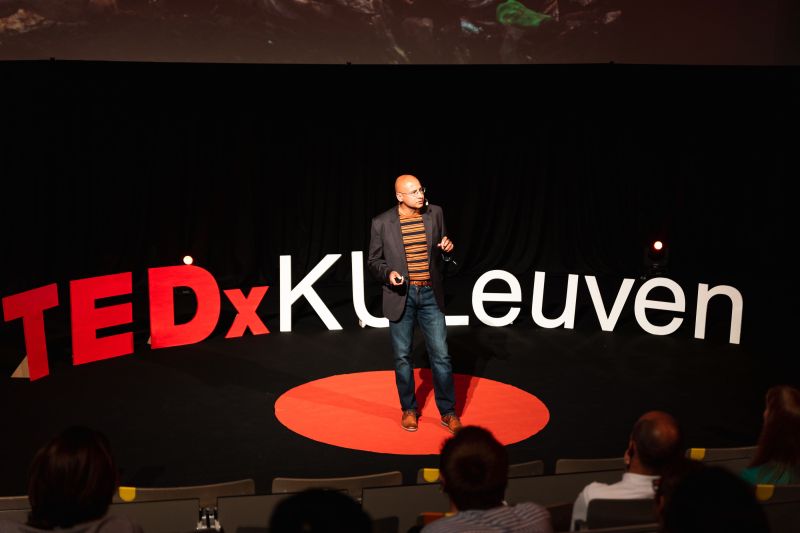
To conclude the Homo Mimeticus Project, PI Nidesh Lawtoo takes the mimetic turn on the TEDx stage, where mimesis has been at play for quite some time. Addressing the timely question, “how to (re)structure the (de)structured,” Nidesh takes us on an untimely philosophical journey–from children’s mimicry to Socrates’ dialogues, emotions to emojis, the Greek stage to the TED stage–to show that imitation is constitutive of an original species he calls, homo mimeticus.

In this article, Niki Hadikoesoemo discusses the notion of the fluidity of sexual identity in light of Luce Irigaray’s account of sexual difference. Taking mimesis in its reproductive and productive sides as a guiding thread, she examines the historicity of sexual identity fluidity in relation to femininity in Irigaray’s second-wave feminism to show that sexual fluidity has to be configured by the concept of sexual difference if it wants to be productive, creative, and transformative. Full article here.